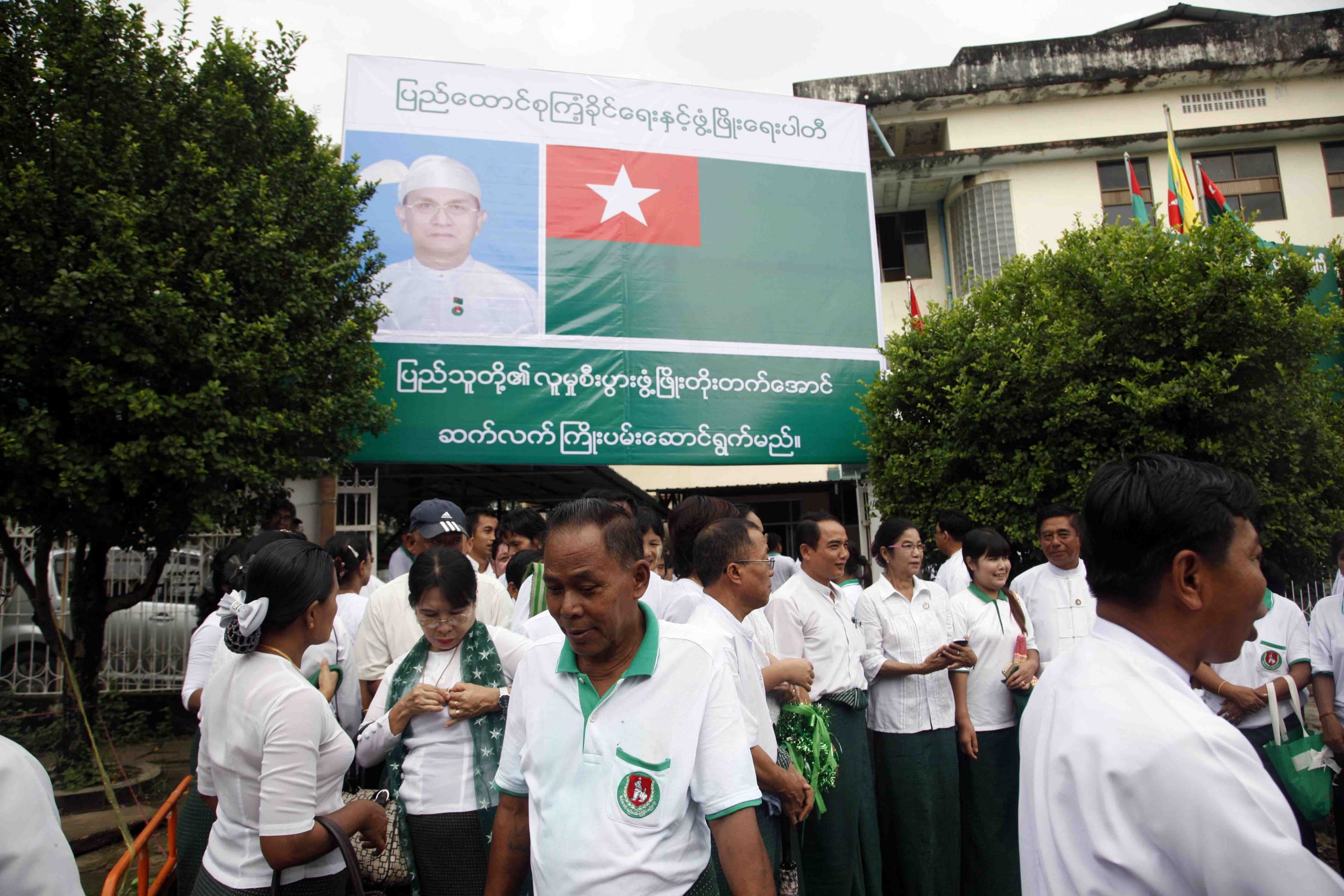Muslim rights activists have filed a lawsuit in the United States against Burma’s President Thein Sein, accusing him and several ministers of human rights abuses against minority Rohingyas, just a few weeks before an historic general election.
The complaint filed on Thursday in Manhattan federal court accused Thein Sein and top officials of planning and instigating “hate crimes and discrimination amounting to genocide.”
According to the plaintiffs, Muslim Rohingya are “subjected to genocide, torture, arbitrary detention, cruel, inhuman and degrading treatment” by officials controlled by Thein Sein and his ministers.
Burma’s government spokesman was not immediately available for comment, and did not respond to emailed requests.
The civil lawsuit was filed by Burma Task Force, a group of 19 Muslim organizations, and the Rohingya man Hitay Lwin Oo.
It seeks compensatory and punitive damages for alleged violations of the Alien Tort Statute (ATS), a U.S. law often invoked in lawsuits alleging human rights abuses.
The government will have a chance to respond to the lawsuit once it is served. It typically takes at least a few months for a judge to decide whether a case may proceed.
In 2013, the U.S. Supreme Court made it harder to pursue many ATS lawsuits. It said claims must “touch and concern” U.S. territory “with sufficient force” to displace the presumption that the law does not cover non-U.S. conduct.
Burma does not consider the Rohingya to be citizens, rendering them effectively stateless, while denying that it discriminates against them or that they are fleeing persecution.
A tide of anti-Muslim sentiment swept through the country a year after the military ended its rule in 2011, morphing into communal violence.
At least 200 people were killed and more than 140,000, mainly Rohingyas, were displaced in fighting between Muslims and Buddhists in Burma’s western Arakan State.
[related]
During the flare up of the boat people crisis in Asia in May, Burma denied that its treatment of the Rohingya caused their exodus.
Religious and ethnic tensions are rising ahead of 8 November elections in Burma. The government has barred most Rohingyas from voting and registering as candidates, drawing criticism from western countries and undercutting Burma’s efforts to portray the poll as its first free and fair election in 25 years.
Burma has defended its decision, with its foreign minister recently comparing the situation to the United States barring foreign citizens who hold “green cards” that let them work in the country from voting in elections.



